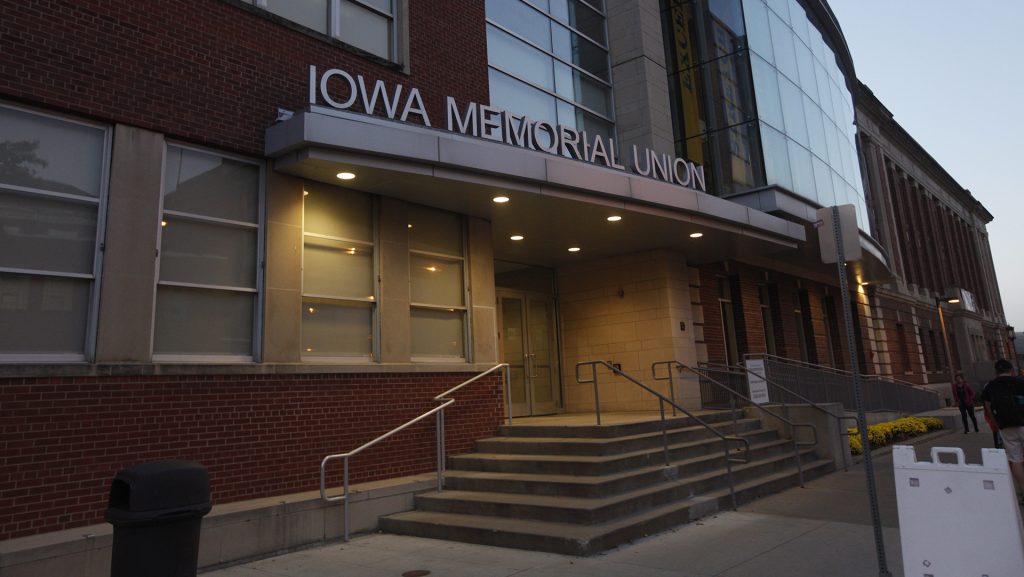Representatives of one of the more mysterious U.S. agencies came to the University of Iowa on Monday to educate students on careers and debunk some myths.
CIA intelligence officers Zach and Dan (last names for intelligence officers cannot be disclosed) visited the IMU to talk about the different careers the agency offers and explain what people really do to gather intelligence.
Zach started the presentation by clearing up some myths perpetuated by movies and spy novels. One is the idea that intelligence officers work as special law enforcement, bashing in doors and catching the bad guy in the name of the U.S. government.
“We collect intelligence, specifically foreign human intelligence, we analyze it, and then we conduct something called covert action,” Zach said.
Covert action means taking action without attaching a name to it. They also don’t attempt to physically get information themselves, instead using people on the inside, called assets, to get them the sensitive intel.
The CIA is broken up into six different directorates: analysis, science and technology, support, digital innovation, enterprise functions, and operations.
Each directorate has many careers, such as IT technician and apps developer for digital innovation, and different majors fit well with different directorates. One thing all the directorates have in common is the rewards they bring, both personally and for the country, Dan said.
“The impact you can have on national security is profound … it’s an incredibly fascinating, challenging, demanding, satisfying, and rewarding career,” he said.
Dan is undercover, and he has worked all over the globe in areas such as the Middle East, Central Asia, and Europe as an operations officer. Zach also worked as an operations officer for almost 30 years and is now retired.
Operations was the directorate they focused on the most. Zach said many different people have roles in the gathering of intelligence, and more goes into it than just finding some secret papers in a safe.
Targeting officers find assets for operational officers to form a relationship with to get intelligence, language officers are brought in to translate highly technical text in different languages, and paramilitary operations officers work with military organizations around the world to combat terrorists, among other things.
“It’s that element in the agency you think of when you buy that spy thriller,” Zach said.
Though operations officers may be what people think of as spies, Zach said the real “CIA agents” are the assets in place who have access to sensitive information and give it to the CIA.
“We are not CIA agents …” he said. “For us, agents are the foreigners who have access to foreign intelligence that we can’t get any other way.”
They also talked about the different options for current students and those close to entering the job field. Zach said the CIA has student programs across the country, and internships are available. However, getting an internship does not guarantee a foot in the door later, and students who are interested in careers should apply when they are ready.
UI senior Eli Kirschbaum said he’s been interested in the CIA since he was a child and long thought that applying for a career there would be a complicated process in which only a few elite people are chosen.
Zach said this isn’t the case; the CIA hires from more than 100 professions, and he believes anyone should apply who feels passionate about the work.



